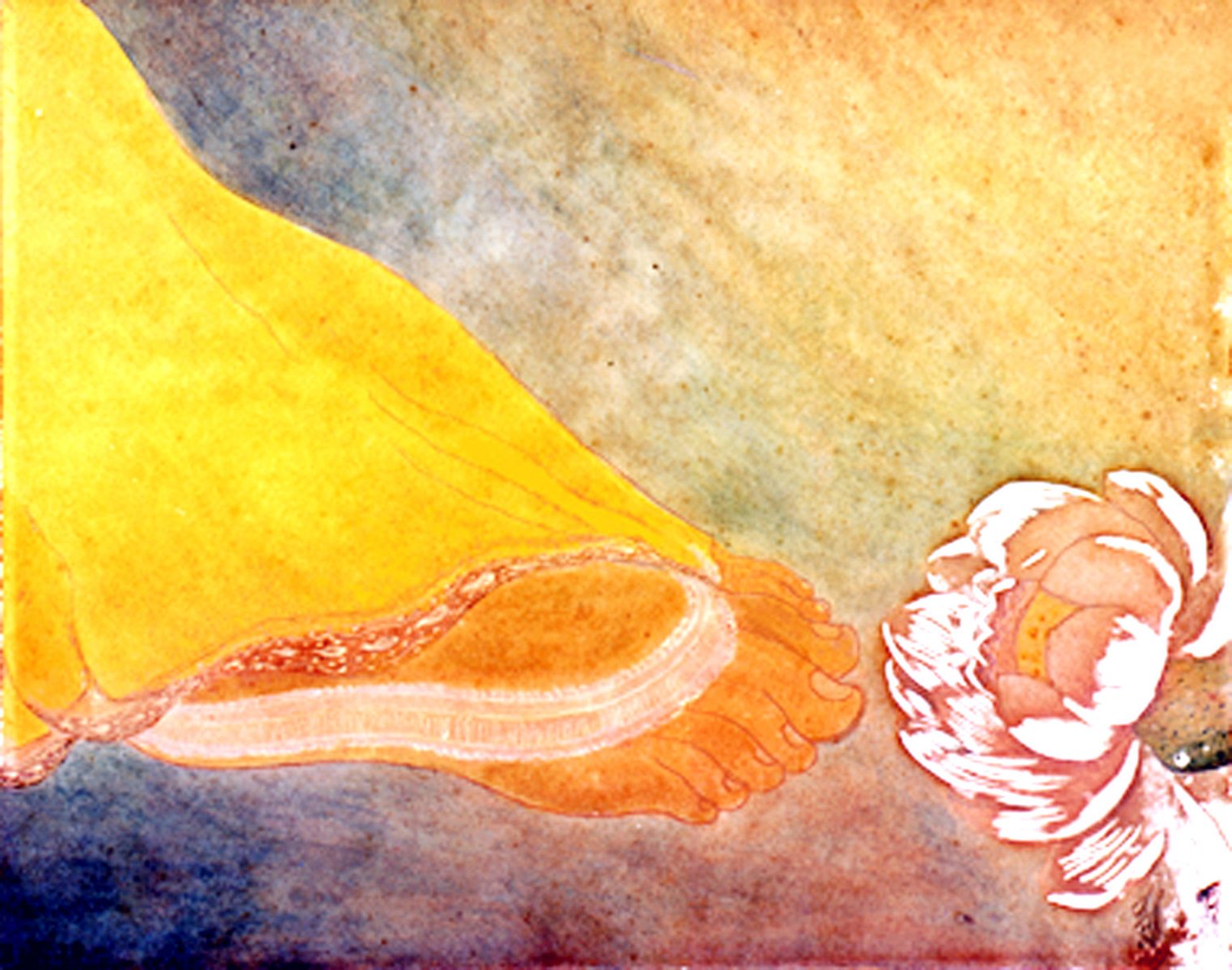A tribute by Barindra Kumar Ghose, which was published in ‘Khulnabasi’ on 21 February 1940. Barin da (1880-1959) was a noted revolutionary, journalist, author and Sri Aurobindo’s youngest brother. He was one of the earliest inmates of Sri Aurobindo Ashram and resided at Pondicherry till 1929.
In the Yoga-Ashram of Pondicherry, the Mother is the living embodiment of Sri Aurobindo’s Yoga. The touch of her creative genius has given the Ashram its present shape. The work of each department bears the stamp of her originality and constructive genius. It is doubtful if there is any other place on earth where such a big family could be seen carrying on like clock-work its day-to-day activities in silence and harmony, without a shade of conflict. The constructive power of the West and the whole-hearted surrender and self-giving of the East are moving hand in hand in the life of the Ashram.
But to have given a perfect shape to the Ashram is not the Mother’s greatest achievement. She is the living image and the other expression of the Yogic Power that is operating everywhere in the Ashram as its centre. To attribute Divinity to a human being may seem to others a sheer fantasy of the devotees or nothing but sentimentalism. But one who has had the slightest touch of the spiritual Power of Sri Aurobindo’s Yoga knows for certain that the open sesame of his Integral Yoga lies in the Mother alone.
 THE MOTHER’S FEET – a painting by Barindra Kumar Ghose.
THE MOTHER’S FEET – a painting by Barindra Kumar Ghose.
The Mother herself was teaching him painting at that time.
Sri Aurobindo once said to me that he doubted if there was in the past any figure embodying so great a Yogic power. He added that he had done ten years’ Yoga by one’s contact with her. The Yogic Power of the Mother and Sri Aurobindo opened wide the doors of the unostentatious Ashram, so long in the grip of want and difficulty, to the steady inflow of sufficiency and prosperity. Spontaneous offerings came from disciples and admirers. The most ordinary men found in themselves an outflowering of the poetic power, a wonderful talent for painting, a capacity for meditation, occult vision and skillfulness in work. Day by day the Pondicherry Ashram grew into a Yogic place of pilgrimage for the entire world. An aspirant had a vision: the Mother and Sri Aurobindo were inside a golden tabernacle on the top of a luminous hill, and men from different climes from all directions thronged to the place in endless streams. Today his vision has materialised.
In the course of repeated experiences, a restless fellow, mad after work, with impurities unpurged, a man of vitalistic temperament, I have realised, from the play of the Mother’s miraculous Power, how true were the words of Sri Aurobindo. From the angle of Yogic vision the Mother has no equal even in India, the tapobhūmi (the land of Tapasya).
[The above text is reproduced from the Overman Foundation website]


